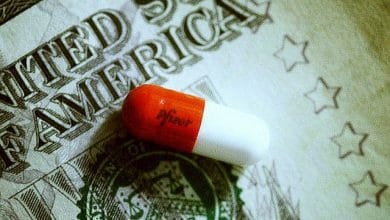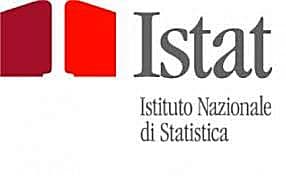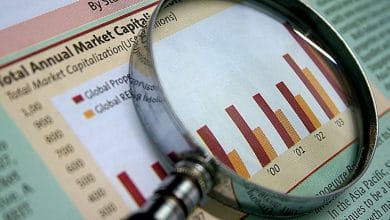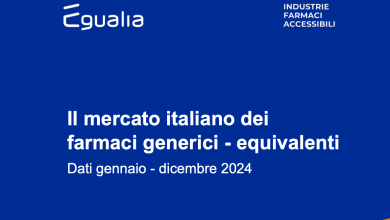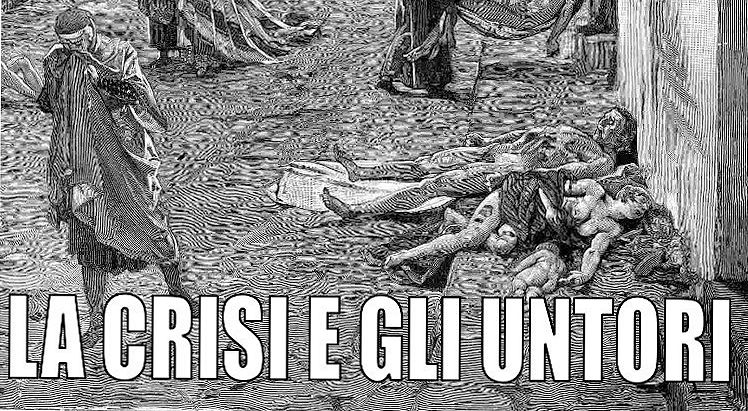
 That the meeting of sales executives of a pharmaceutical company begins with the phrase "How is the leukemia market doing today?" is pure routine, not at all a movie stunt on the cynicism of health merchants. Vendors talk directly about diseases and not about drugs, due to the lack of ethics that is the result of objectivity: diseases drive sales more than the effectiveness of the drugs that are supposed to cure them. The sicker you get, the more medicines are sold, because those who get sick necessarily request them, in the hope (sometimes founded, sometimes not) or in the illusion (which does not need to be founded) that they can be useful.
That the meeting of sales executives of a pharmaceutical company begins with the phrase "How is the leukemia market doing today?" is pure routine, not at all a movie stunt on the cynicism of health merchants. Vendors talk directly about diseases and not about drugs, due to the lack of ethics that is the result of objectivity: diseases drive sales more than the effectiveness of the drugs that are supposed to cure them. The sicker you get, the more medicines are sold, because those who get sick necessarily request them, in the hope (sometimes founded, sometimes not) or in the illusion (which does not need to be founded) that they can be useful.
The paradox with which the pharmaceutical merchant, from his point of view, takes charge is that the more the drugs work, the more the diseases decrease, so he sells and earns less. In fact, the health market must prevent patients from dying or recovering quickly. More and more sick in life, or sick for life, is the dream, not at all forbidden, of every health entrepreneur. Disease prevention, if it does not require the use of substances, is counterproductive. Where it is possible (often in the psychiatric field), the disease is invented and if there are conditions that favor it, it is better not to tear one's clothes apart (for the pharmaceutical industry, evils never come to silver).
Being sick (of anything, "as long as it works") is becoming, in spite of ourselves, something in itself dissociated from the condition of health.
A permanent concern that represents one of the keys to our impersonal inclusion in the register of commodifying exchange relationships. Illness is imposing itself as a factor of stability and this makes medical treatment/non-treatment a very powerful organizer of social life.
 The implications for medicine, not yet in the foreground but in full evolution, could be devastating: the extreme depersonalization of the relationship with the patient, the replacement of treatment with the provision of pure assistance (the cultural/psychological equalization of people with the appliances of their home), the replacement of doctors themselves with highly specialized IT devices (smartphone applications are already being designed which should retire the personal doctor).
The implications for medicine, not yet in the foreground but in full evolution, could be devastating: the extreme depersonalization of the relationship with the patient, the replacement of treatment with the provision of pure assistance (the cultural/psychological equalization of people with the appliances of their home), the replacement of doctors themselves with highly specialized IT devices (smartphone applications are already being designed which should retire the personal doctor).
The possibility of exponential profits plays a role in the transformation of medicine into a tool for the tendential conservation of the disease state, which silently shifts investments towards maintenance therapies. However, profits alone are not sufficient to explain the generalized perversion of the relationship with health and the tendential reduction of therapeutic devices into a complete instrument of pure power.
There is in each of us a psychic dimension in which the state of illness (whether real, potential or imagined) is dissociated from its course and suspended in its outcome. Narcissistically invested, it produces a secret sense of satisfaction because it creates the fantasy of a separation from the real world and its frustrations, favoring the illusion of a world centered on the self. Narcissism is reinforced by the masochism that every disease implies: the defiance of pain and the danger of death or impairment which, libidinally invested, contrasts the desire for healing and the pleasure of living.
The synergy between a society that produces profits and a society of disabled people, in which being healthy does not differ in anything from surviving, is on the way and the "governments of citizens" sleep peacefully, until the nightmare rings the alarm clock.
6.11.2015 – Hidden truths. The weekly column of Sarantis Thanopulos – il manifesto
Ed: the article reported (signed by the disturbing Thanopoulos, son of death) reproposes the BigPharma conspiracy theory. Now we can say all the bad things possible about BigPharma, it is no coincidence that it is the most discredited industrial sector among the population. Far be it from us to defend these companies (remember that they fired 13,400 whistleblowers between 2007 and 2014), in our opinion, however, the premise of this article (or of the conspiracy theory) is wrong as it considers BigPharma as a single body. It is not taken into consideration that BigPharma is made up of many companies from many parts of the world, whose goal is undoubtedly profit, but in competition with each other. And if a company discovers a drug that is more effective than the others on the market, it will have more profits (see the case of Sofosbuvir for hepatitis C).
The population then ages more and more, and it doesn't take a great scientist to understand that the older you are, the greater the pathologies and, if the pathologies increase, the "market" of drugs increases, without the need for interventions by spreaders. Maybe you can even think that drugs can lengthen life or at least make it more dignified.
We can then talk about corruption, lobbying, profit maximization, undue pressure, exploitation of ineffective drugs, modification of physiological parameters to make them pathological, etc., but there should be bodies responsible for monitoring the correctness of the pharmaceutical market and it can be assumed that they are not effective enough. But we cannot ignore the fact that pharmaceutical companies compete with each other and there is no monopoly or cartel between them.

